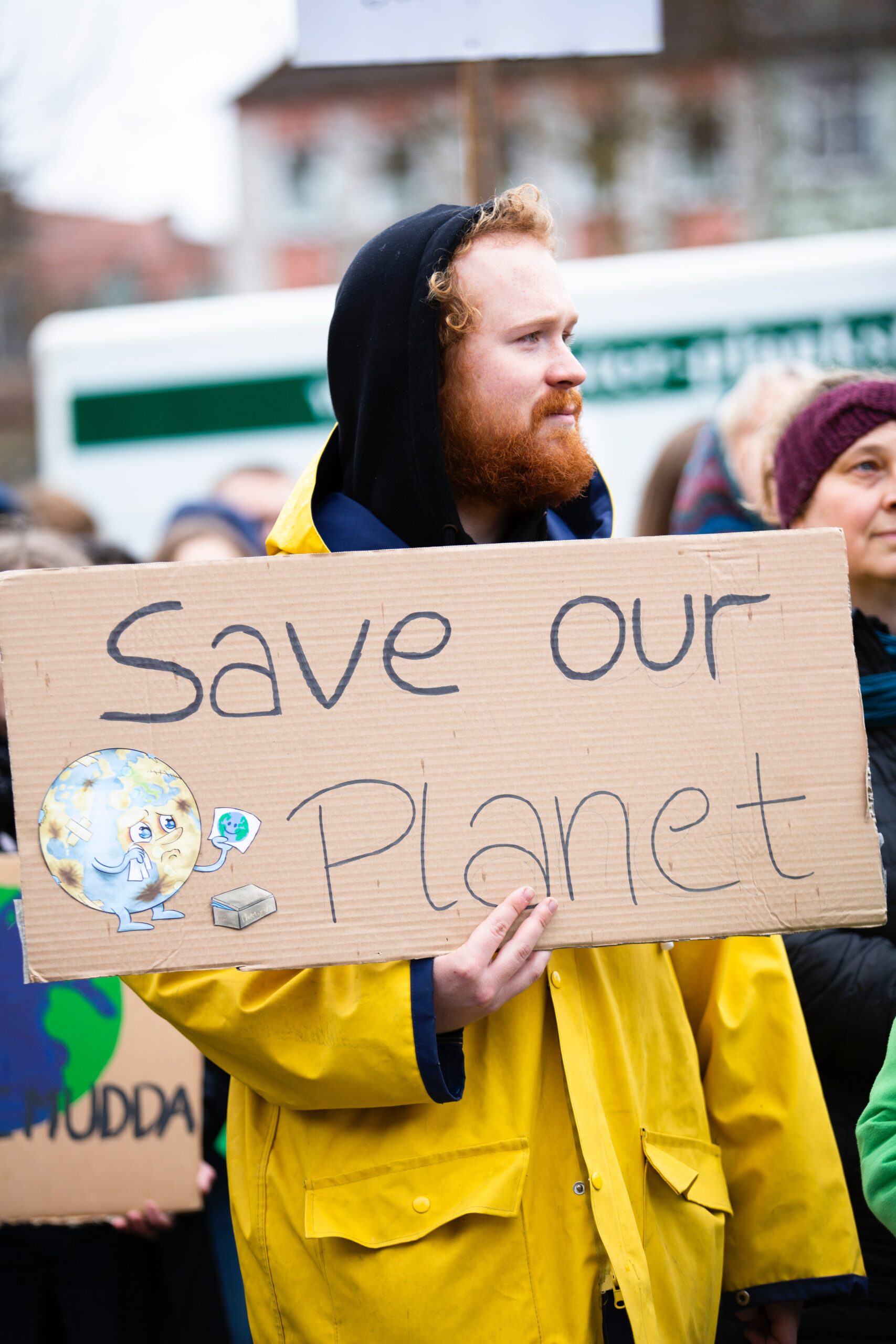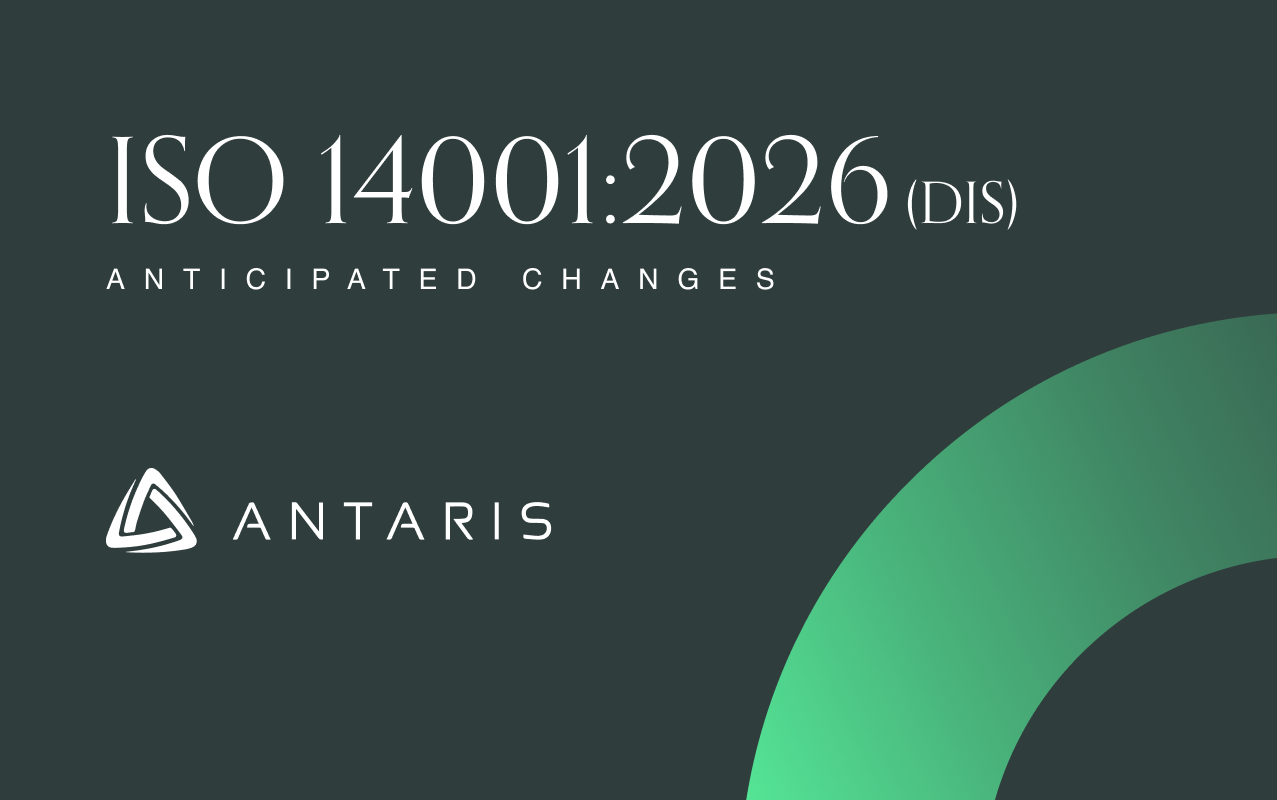Biodiversity – Natures unprecedented and dangerous decline
– a risk that should be managed
Did you know that biodiversity is in bad shape both globally and here in Ireland? Did you know it’s a risk for your business and that those interested in prudent planning and sustainability need to get a handle on both how their business will be affected by biodiversity decline, and the effect their business has on biodiversity.
Global biodiversity decline
The Intergovernmental Science-Policy Platform on Biodiversity and Ecosystem Services (IPBES) can be thought of as the IPCC for biodiversity. They produced a report last year, the 2019 Global Assessment Report which represents the best available expert evidence. It’s the most comprehensive assessment of its kind; and it describes Nature’s Decline as dangerous and ‘Unprecedented’.
It explains that species extinction rates are accelerating and that the current global response is insufficient. We need ‘transformative changes’ to restore and protect nature. It notes that:
- 3/4s of the terrestrial environment “severely altered” to date by human actions , and 2/3rds of marine environments.
- More than 85%: of wetlands present in 1700 was lost by 2000.
- Over 40%: amphibian species are threatened with extinction.
- 25%: average proportion of species threatened with extinction across terrestrial, freshwater and marine vertebrate, invertebrate and plant groups that have been studied in sufficient detail.
- Approximately 10% is the tentative estimate of proportion of insect species threatened with extinction.
- Globally 1 million wildlife species are threatened with extinction.
- Population sizes of mammals, birds, fish, amphibians and reptiles have declined on average by 68% since 1970.
Restoration and conservation alone are not enough, they to be combined with reduced consumption, reduced pollution and climate action to increase biodiversity.
The World Conservation Monitoring Centre calculate than 35% of global food production in some way dependent on animal pollination (by volume)
The 2020 Living Planet Report from the WWF report says “We can’t ignore the evidence – these serious declines in wildlife species populations are an indicator that nature is unravelling and that our planet is flashing red warning signs of systems failure.”
Another report …The State of the World’s Plants and Fungi 2020 report by the Royal Botanic Gardens in Kew, estimates that 2/5ths of the worlds plants are at risk.
One of the co-authors Dr Eoin Lettice, from UCC states “We live in a time of unprecedented biodiversity loss,” Dr Lettice said. “Our report sheds light on the extinction risk of plants and fungi globally, with two in five plants now at risk of being wiped out.
The fifth edition of the Global Biodiversity Outlook is an output of the processes of the Convention on Biological Diversity. It’s pretty bleak and doesn’t pull any punches. It states “Humanity stands at a crossroads with regard to the legacy it leaves to future generations. Biodiversity is declining at an unprecedented rate, and the pressures driving this decline are intensifying.
None of the Aichi Biodiversity Targets will be fully met, in turn threatening the achievement of the Sustainable Development Goals and undermining efforts to address climate change”.
How is Ireland doing with biodiversity?
In 2019 Ireland declared a climate and biodiversity emergency.
In a study estimating Biodiversity intactness by comparing average abundance of native terrestrial species in a region with their abundances before pronounced human impacts, the Republic of Ireland ranked 13th lowest and Northern Ireland ranked 12th lowest of 240 countries and territories.
Ireland has an admirable vision for biodiversity:
“That biodiversity and ecosystems in Ireland are conserved and restored, delivering benefits essential for all sectors of society and that Ireland contributes to efforts to halt the loss of biodiversity and the degradation of ecosystems in the EU and globally.”
Unfortunately, it has struggled to put in place measures to achieve that vision. The reports below reference our progress and it is in the wrong direction.
Interim Review of the Implementation of the National Biodiversity Action Plan 2017-2021
The reports do not make for cheerful reading.
There is a 14% reported decline for bee species and 7 out of our 20 species of Bumblebees are at risk of extinction.
Of the habitats protected under the habitats directive, 91% of the listed habitats were assessed as being in “Unfavourable Conservation Status” with 31% in a declining condition and only 16% in an improving condition.
Biodiversity – an economic risk
So we can see biodiversity is in a bad way globally and getting worse…and fast
We’ve seen that things have also degraded locally here in Ireland and that our methods of protecting habitats are ineffective.
But maybe you are thinking, well that’s terribly sad and regrettable but I’m afraid I have to look at the bottom line and this really isn’t a priority for us right now.
I’d like to acknowledge that yes things are going to get quite difficult for most people with the COVID global pandemic, the looming economic effects in its aftermath, Climate change and now Biodiversity as well.
BUT what is your timeline for addressing these challenges? Do you really think that we have the time to tackle each of these things sequentially and independently?
The World Economic Forum has stated that “Biodiversity loss puts our food supplies and medical care at risk. It must be stopped”
This is the World Economic Forum multi-stakeholders 10 year forecast:
Biodiversity loss is ranked number 3 in Impact and number 4 in likelihood:
And below you can see environmental concerns sweep the board in likelihood and the majority of impact. This is new. You can see the concerns going back to 2007 and never before has the environment overall and biodiversity in particular been so prominent.
So ignoring biodiversity is not compatible with prudent planning, and neither is it compatible with Sustainability. As the IPBES report 2019 states.
“Current negative trends in biodiversity and ecosystems will undermine progress towards 35 out of 44 of the assessed targets of the Sustainable Development Goals, related to poverty, hunger, health, water, cities, climate, oceans and land. Loss of biodiversity is therefore shown to be not only an environmental issue, but also a developmental, economic, security, social and moral issue as well.
Global action is ongoing. The Leaders pledge for Nature was signed by the Taoiseach on 30/09/2020 and committed to reversing biodiversity loss by 2030.
We have seen moves very recently from Industry with the Business for nature pledges. So businesses are moving increasingly to tackle this issue.
At Antaris Consulting we think you should think about joining them in considering your business and its connection to biodiversity, because biodiversity decline is a risk and it has direct or indirect impacts on your business.
Conclusion
Biodiversity, it’s important, it’s relevant, it’s a risk and it needs to be managed, and can be managed through your Environmental management system. We her at Antaris Consulting are experts in Management Systems and would be happy to guide you through incorporating biodiversity into your ISO14001 system.


















